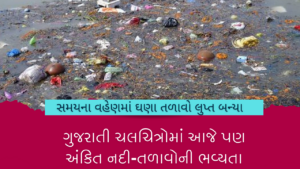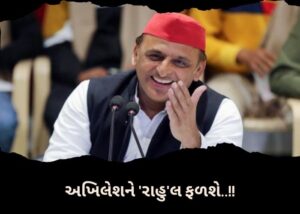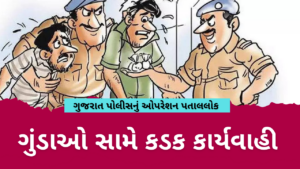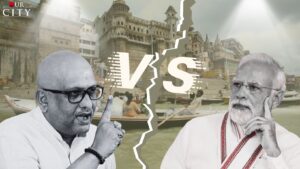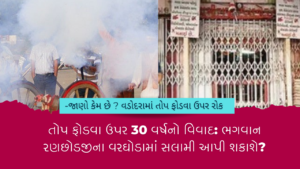–An Article by Poojan Patel
Then, what seemed to be the far-fetched idea of the dark internet ages doesn’t seem so far these days. Popular actor Rashmika Mandanna finds herself at the center of a storm as a deep fake video of her circulates wildly on the internet. The manipulated video, created using artificial intelligence, has ignited concerns about the potential(?) misuse of technology and the spread of misinformation.
Expressing her dismay and hurt over the incident, Mandanna took to social media to address the issue head-on. The actor stated, “I feel really hurt to share this and have to talk about the deep fake video of me being spread online. Something like this is honestly extremely scary not only for me but also for each one of us who today is vulnerable to so much harm because of how technology is being misused.”
Mandanna, a prominent figure in the entertainment industry, highlighted the gravity of the situation and its potential impact on individuals, particularly those without a robust support system. “Today, as a woman and as an actor, I am thankful for my family, friends, and well-wishers who are my protection and support system. But if this happened to me when I was in school or college, I genuinely can’t imagine how I could ever tackle this,” she said.
The incident has prompted Mandanna to call for a collective response from the community, emphasizing the urgency of addressing the issue before more individuals fall victim to such identity theft. “We need to address this as a community and with urgency before more of us are affected by such identity theft,” she urged.
The deep fake video has not only shaken Mandanna but has also garnered attention from influential figures in the Indian film industry and politics. Bollywood icon Amitabh Bachchan and Union Minister Rajeev Chandrasekhar have joined the chorus of criticism against the misuse of artificial intelligence to create fraudulent content.
With advancements in AI technology, deep fakes are proliferating online, encompassing manipulated pictures, audio, and videos created through deep learning. Detecting these deepfakes involves scrutinizing unnatural eye movements, color and lighting mismatches, and inconsistencies in audio quality. Unusual body shapes or movements, artificial facial expressions, and awkward postures are also indicators. Additionally, a reverse image search using platforms like Google can unveil the authenticity of visuals. Staying vigilant to these cues is crucial in discerning real content from deceptive deep fakes on the internet.
Deepfake technology, initially with simple face swaps, has morphed into a disturbing tool, predominantly used for pornographic purposes. Shockingly, more than 90% of deepfake videos circulating in 2019 were of an explicit nature, with 96% featuring the faces of female celebrities mapped onto porn stars.
While Mandanna possesses the power and reach to address such issues, not everyone shares her fortune. The victims of this insidious technology range from teenagers to unsuspecting individuals, as seen in a shocking incident in Spain where AI-generated nude photos of teens left the entire country aghast. Unlike some countries that have taken decisive steps to curb the menace of deep fakes, India lags behind in enacting specific legislation to address this growing threat. While existing provisions like Section 66E of the IT Act of 2000 can be applied to cases involving the violation of privacy through the capture and publication of an individual’s images, these measures fall short of adequately addressing the deepfake dilemma. Despite rules requiring social media platforms to take down reported content within 36 hours, the damage inflicted by a deepfake video is often irreparable within that time frame.
The time has come for India to bridge this legislative gap, to implement specific laws that address the challenges posed by deepfake technology. In an age where the misuse of AI threatens privacy and individual agency, the country must act swiftly to protect its citizens from the malicious consequences of technological advancement. The dark side of the internet is encroaching, and India’s response must be swift, decisive, and comprehensive to safeguard its citizens in the face of evolving digital threats.






